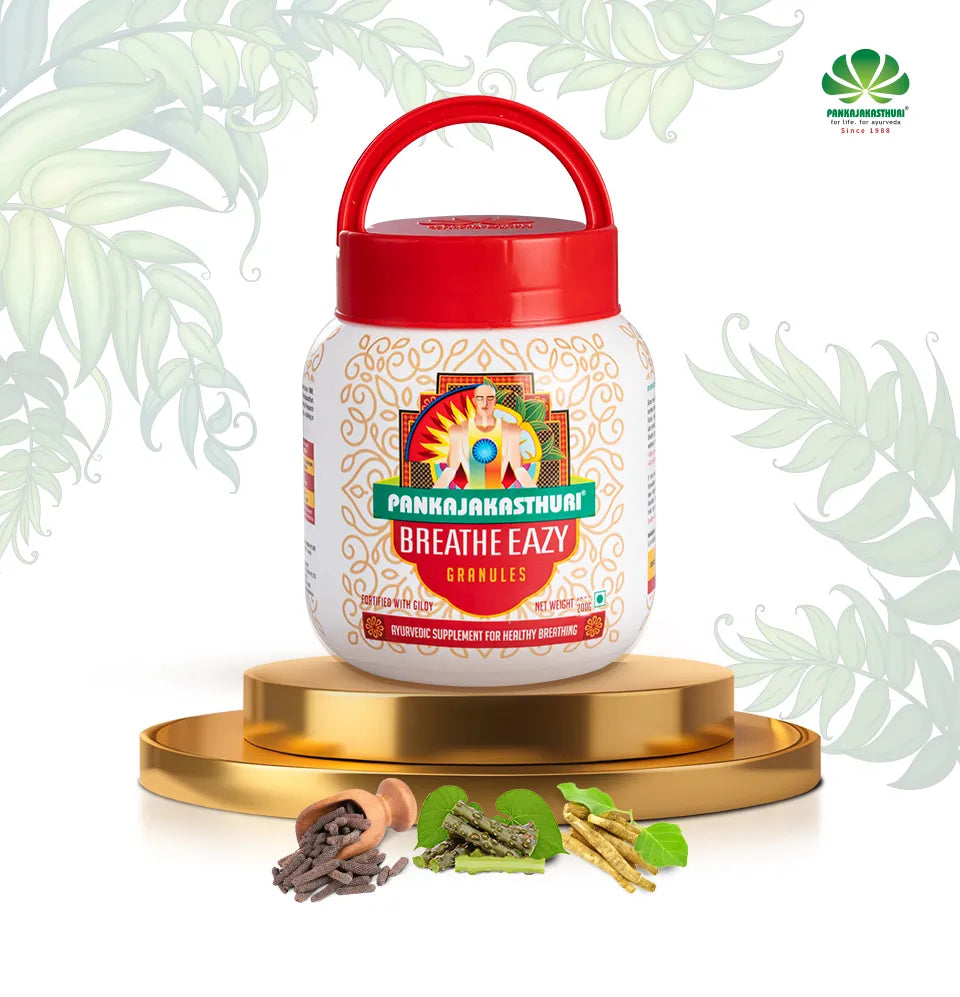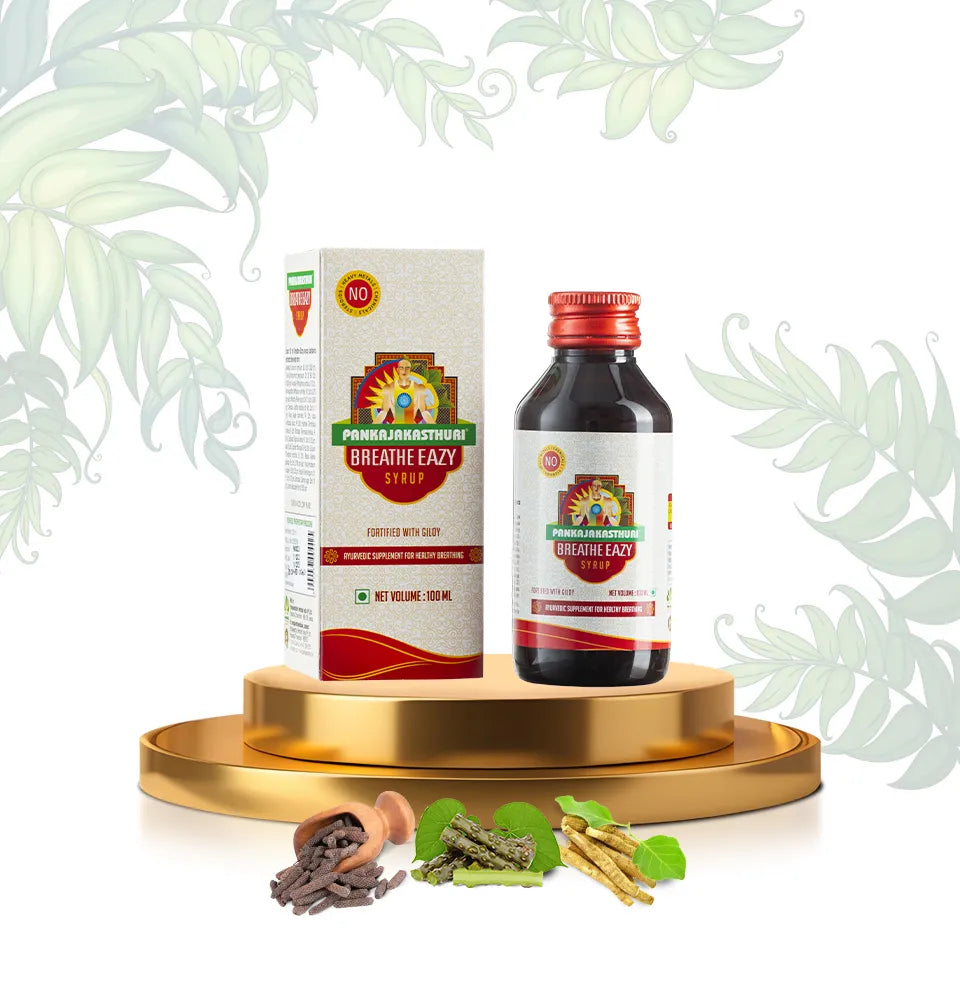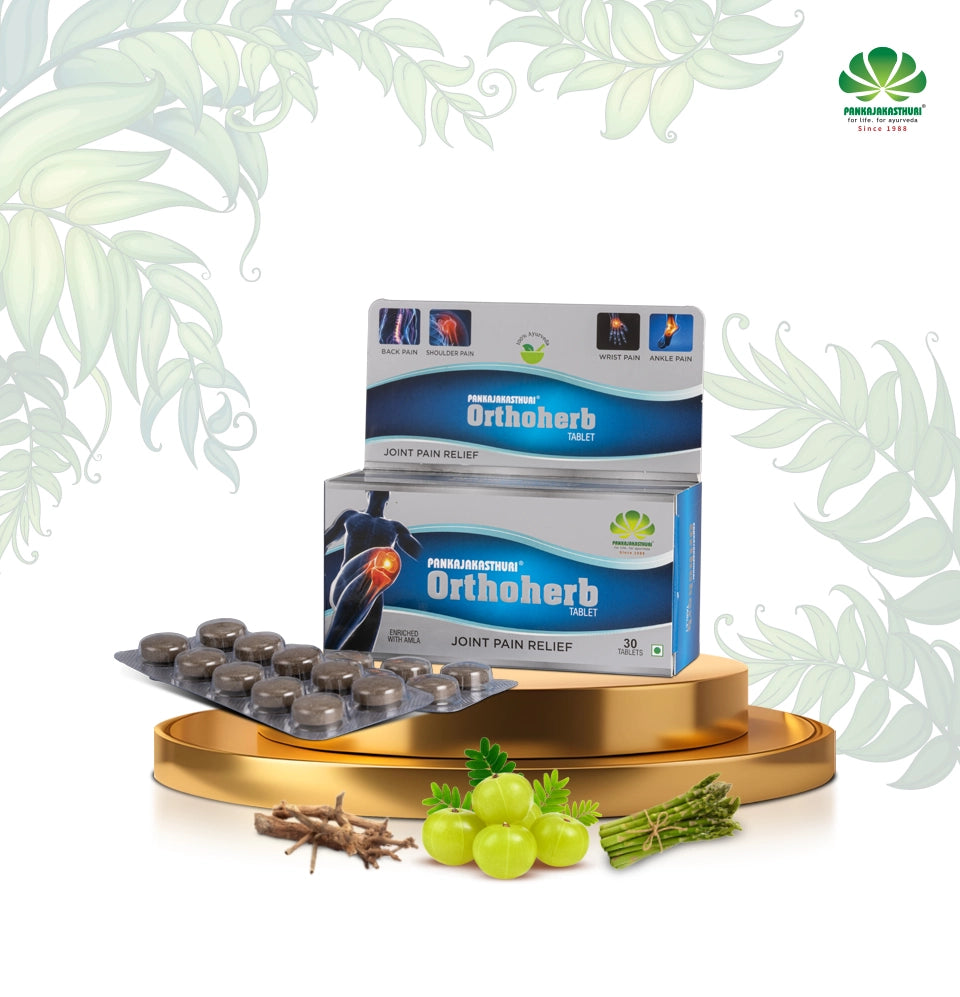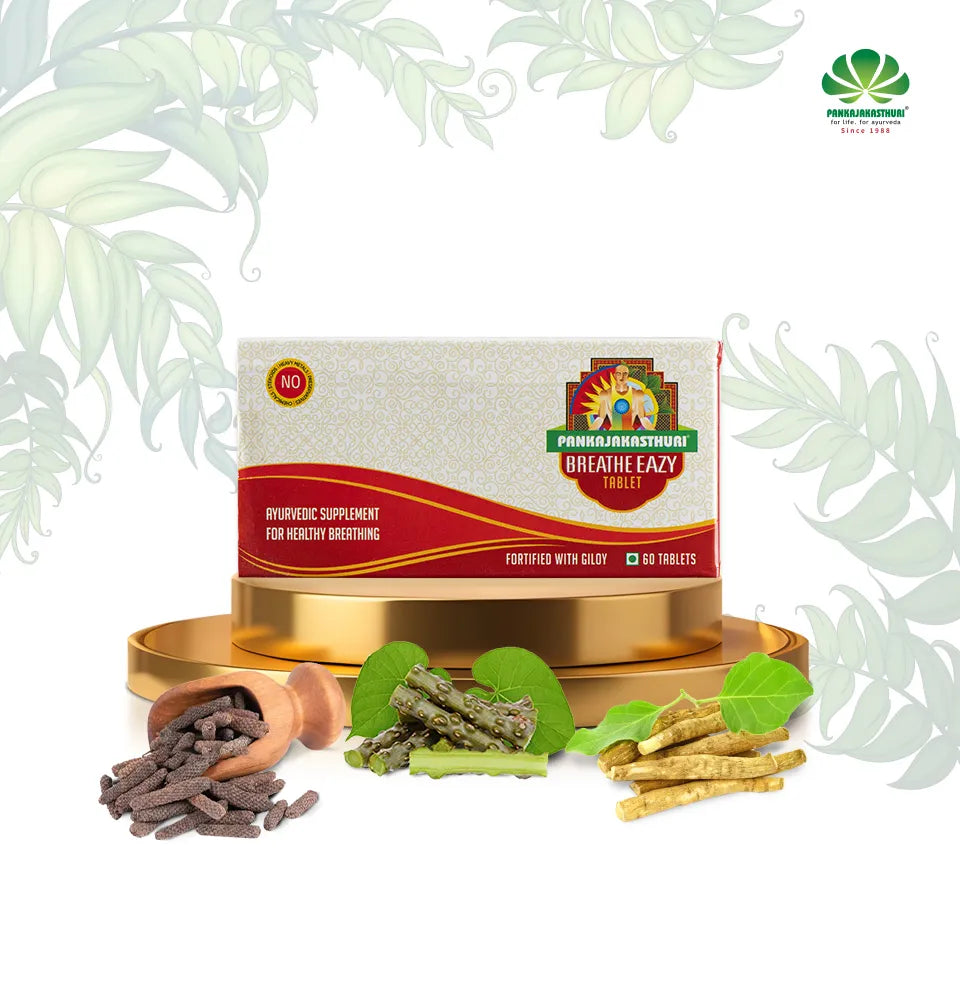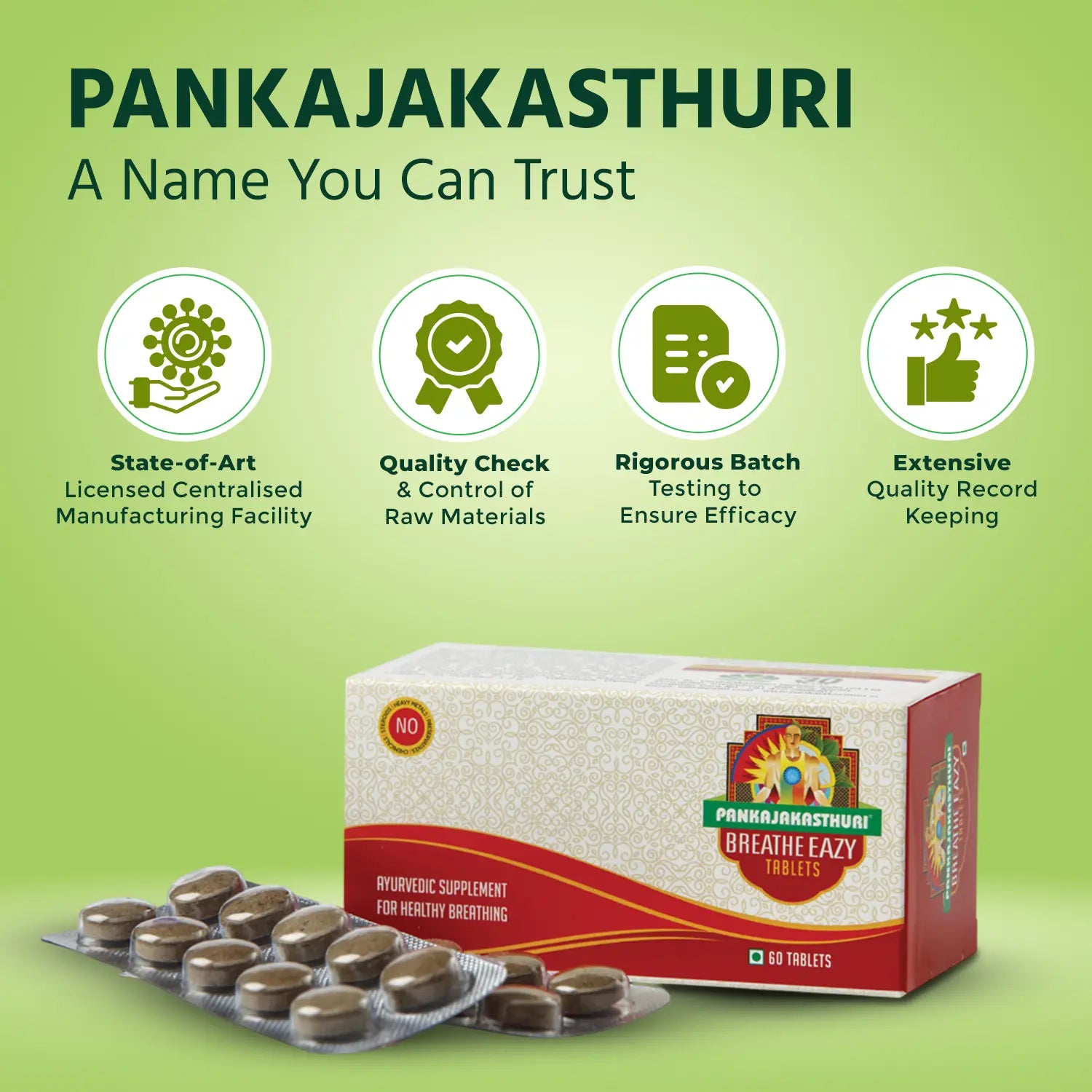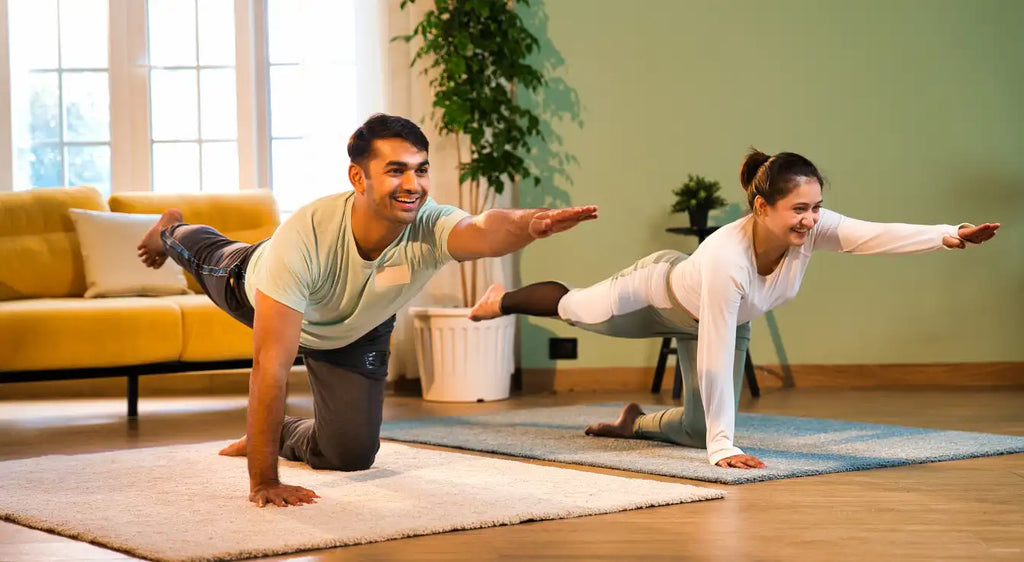
Integrating Ayurveda into Modern Fitness Regimens

As fitness trends evolve and high-performance goals continue to dominate the wellness space, many are turning to ancient systems like Ayurveda to restore balance, improve recovery and deepen their overall connection to health. Integrating Ayurveda into your modern workout routine doesn’t mean giving up your weights or cardio - it means approaching fitness with more personalization, sustainability and mindfulness.
Let’s explore how you can harmonize Ayurvedic principles with contemporary exercise strategies to boost performance, prevent burnout and enhance longevity.
-
Ayurveda: Understanding the Foundation
Ayurveda, the 5,000-year-old science of life from India, emphasizes balance across three bodily energies or doshas:
- Vata (Air + Earth): Light, dry, mobile – governs movement
- Pitta (Fire + Water): Hot, intense – governs metabolism
- Kapha(Earth + Water): Heavy, stable – governs structure
Each individual has a unique dosha constitution (Prakriti) and aligning daily habits, diet, and physical activity with this constitution fosters long- term well-being.
Ayurveda also prioritizes:
- Daily routine (Dinacharya)
- Seasonal alignment (Ritucharya)
- Digestive health (Agni)
- Mind-body integration
-
The Modern Fitness Landscape
Contemporary fitness often centers on:
- Strength training & hypertrophy (increase in the volume of an organ or tissue due to the enlargement of its component cells)
- Cardiovascular conditioning
- High-Intensity Interval Training (HIIT)
- Flexibility & mobility (Yoga, Pilates)
- Performance optimization (sleep, nutrition & supplements)
However, this approach sometimes prioritizes aesthetics or short-term results over internal balance, leading to burnout, injuries and mental fatigue.
-
Why Blend Ayurveda with Modern Fitness?
Combining Ayurveda with modern fitness can:
- Personalize your exercise program to your unique constitution
- Encourage long-term sustainability over quick fixes
- Prevent overtraining and injury by respecting your body’s rhythms
- Improve digestion, sleep, immunity, and emotional regulation
- Provide a whole-system wellness approach - not just physical
-
Integrative Techniques: Bridging Both Worlds
-
Training by Dosha Type
-
Vata
Traits: Lean, energetic, anxious
Best Exercise: Grounding strength training, yoga, moderate cardio
What to avoid: Excessive HIIT, overexertion -
Pitta
Traits: Muscular, intense, competitive
Best Exercise: Cooling exercises like swimming, cycling, yin yoga
What to avoid: Overheating, pushing limits -
Kapha
Traits: Strong, stable, calm
Best Exercise: Dynamic cardio, circuit training, stimulating workouts
What to avoid: Slow routines, inactivity
-
Vata
-
Timing Your Workouts (Dinacharya)
- Kapha Time (6–10 AM): Best for intense training (body is strongest)
- Evening (6–10 PM):Ideal for yoga, mobility work or relaxation
-
Recovery the Ayurvedic Way
- Abhyanga (Oil massage): Improves circulation, reduces soreness
- Pranayama & meditation: Relaxes the nervous system
-
Customized sleep rituals: Align sleep with your dosha
- Vata: Warm bath, calming herbs
- Pitta: Cool room, relaxing breathwork
- Kapha: Stimulating herbs, early wake-up
-
Nutrition Before and After Workouts
Pre-Workout:
- Light, warming food (30–60 min prior)
- Suggestions:
- Banana with honey and cardamom
- Warm oats with ghee and cinnamon
- Herbal tonics like ashwagandha tea
Post-Workout:
- Easy-to-digest, nourishing food within 30–60 min
- Suggestions:
- Khichdi (mung dal + rice + ghee)
- Turmeric milk with nutmeg and ashwagandha
- CCF tea (Coriander, Cumin, Fennel) for hydration
-
Training by Dosha Type
-
Ayurvedic Pre- and Post-Workout Rituals
Pre-Workout Practices
- Wakeup Early (Brahma Muhurta) – About 1.5 hrs before sunrise for optimal focus and energy.
- Abhyanga – Warm oil massage to prep muscles and joints.
- Pranayama – Bhastrika or Kapalabhati to energize.
- Herbal Prep – Ashwagandha, shatavari and light ghee-infused meals.
Post-Workout Practices
- Gentle Cool Down – Stretching or yoga to reduce cortisol.
- Rehydration – CCF tea or warm herbal infusions.
- Nourishment – Warm, sattvic meals with spices like turmeric and cumin.
- Herbal Support – Ashwagandha, Giloy and triphala at night.
- Wind Down – Meditation, warm bath and early sleep.
-
Top Three Herbal Supplements for Performance & Muscle Health
- Ashwagandha - Boosts endurance, reduces cortisol, aids recovery.
- Turmeric - Reduces inflammation & soreness
- Beetroot Extract - Increases nitric oxide and endurance
-
A Sample Ayurvedic Fitness Routine (for Vata Types)
Morning- Gentle warm-up → 30 min resistance training
- Post Workout: Oatmeal with ghee or warm khichdi
- Herbal tea (ashwagandha or Tulsi)
- Restorative yoga
- Abhyanga (warm sesame oil massage)
- Light dinner and early sleep (~10 PM)
-
Benefits of Integrating Ayurveda and Modern Fitness
- Improved performance without burnout
- Enhanced immunity, digestion & recovery
- Emotional and mental balance
- Fewer injuries, longer fitness lifespan
- A deeper, more joyful connection to your body
-
Challenges and Considerations
- Ayurveda is subtle and slow-paced - results are cumulative, not instant.
- It may take time to find a practitioner or trainer who understands both worlds.
- Requires consistency and self-awareness - but the rewards are profound.
Final Thoughts: The Future is Fusion
Merging the precision of modern fitness science with the timeless wisdom of Ayurveda offers a truly holistic path to health. Whether you're an athlete, a yogi or a weekend warrior, tuning into your body through Ayurveda helps transform workouts into rituals of longevity, balance and self-care.
Train smarter. Recover deeper. Live well!







